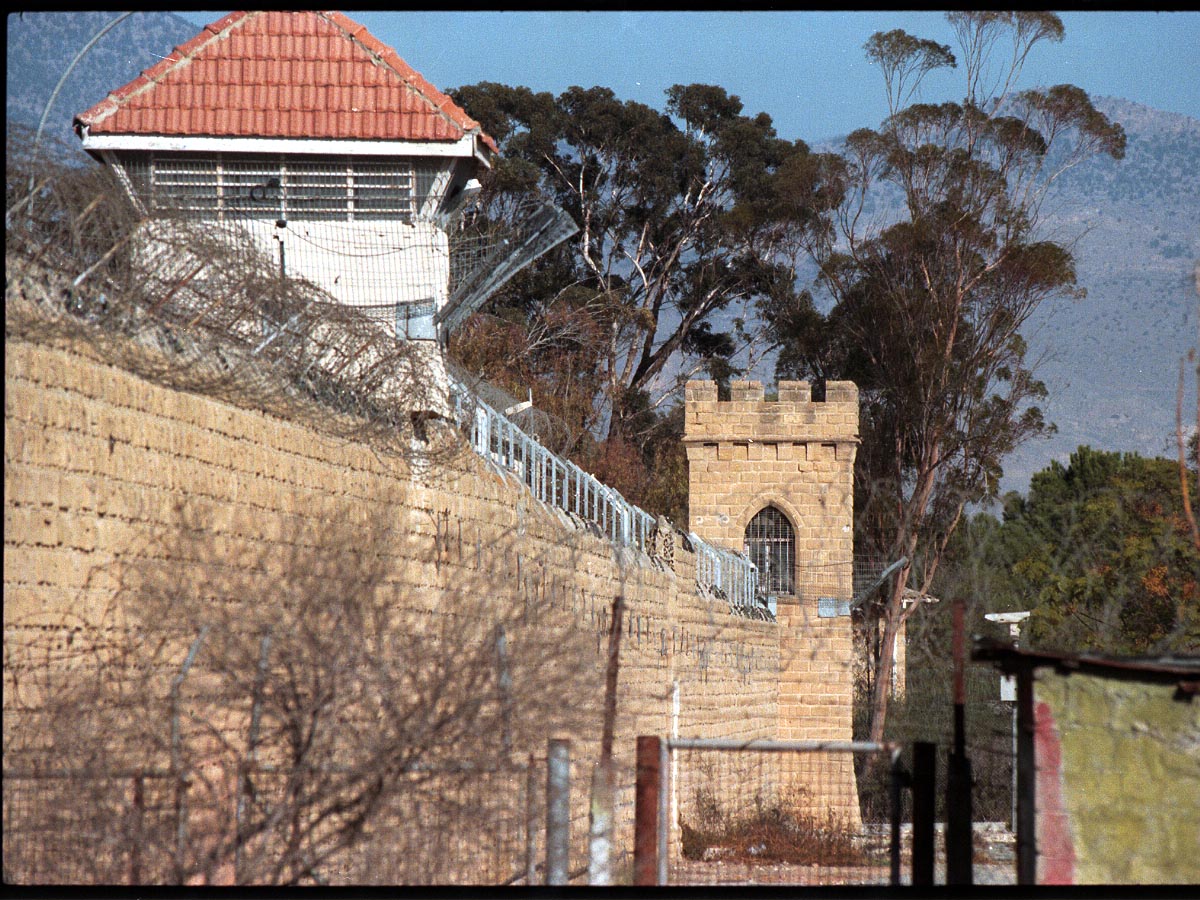Parole procedures in Cyprus
By Alexandros Clerides
The most severe punishment in the criminal code and criminal procedure of Cyprus is the sentence of life imprisonment. Life imprisonment is provided as a penalty for various criminal offences (murder, attempted murder, piracy, rape, sexual harassment/abuse, possession of drugs for the purpose of supply, etc.), but only murder and high treason are mandatorily punished with the sentence of life imprisonment. That is, the court in those type of cases has no discretion to impose a sentence other than life in jail.
In Cyprus, life imprisonment is considered to be just that – i.e. for the rest of a person’s life – but this does not mean that the person will remain in prison for the rest of his life. Unlike other countries, it is not the court that decides when and if a person can go before the Parole Board but the law itself. According to the Prisons Act, when a person is sentenced to a single life sentence, he has the right at 12 years to apply for parole through the process provided for in the act itself and will be considered by the Parole Board.
If the person’s request is approved by the board and they are released on parole, they are still considered “lifers” even when they are out of prison. This means that at any stage of their life if the “lifer” breaches any condition imposed by the board, that person will be returned to prison.
In cases where the person has been sentenced to multiple life sentences, (two or more), there is a substantial difference based on whether the court decided that these life sentences will be served consecutively or run concurrently. When it is decided that the life sentences will run concurrently the Parole Board can only accept to examine a case after the person has remained 15 years in prison. The same applies when there are several sentences which will be served consecutively and the longest of these sentences is life imprisonment. In cases where the court decides that the life sentences will be served consecutively then that person can apply for parole only after 25 years have passed.
In all cases, the person remains in prison for life unless pardoned by the president of the Republic with the consent of the attorney-general.
All applications before the Parole Board are automatically dismissed when they are filed before the prescribed time limit provided by law and in the event that they are considered on their merits by the Parole Board and perhaps rejected. Then the person has the right to reapply after one year has passed from day of rejection. The decision of the Parole Board is an administrative act and a person can appeal to the Administrative Court if he disagrees with any aspect of it.
Alexandros Clerides is a criminal lawyer with Phoebus Ch. Clerides & Associates Ltd







Click here to change your cookie preferences